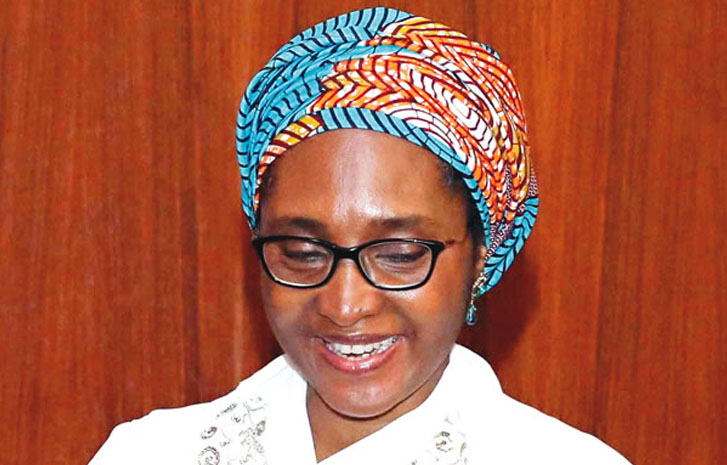The Federal Executive Council on Wednesday approved 7.2 per cent as new Value Added Tax, VAT rate for the country, up from the current five per cent.
The Federal Executive Council on Wednesday approved 7.2 per cent as new Value Added Tax, VAT rate for the country, up from the current five per cent. However, a decision has yet to be taken on the effective date of the new rate.
The Minister of Finance, Budget and National Planning, Mrs Zainab Ahmed said consultations were in process over when the new rate would apply. She explained that stakeholders, including the National Assembly and the states, would have to agree on the date.
The minister stated that the VAT Act would also have to be amended by the National Assembly before the commencement of the new rate, which she said could be sometime in 2020. She said, “We also reported to council and council has agreed that we start the process towards the increase of the VAT rate.
“We are proposing and council has agreed to increase in the VAT rate from five per cent to 7.2 per cent. This is important because the Federal Government only retains 15 per cent of the VAT; 85 per cent is actually for the states and local governments. The states need additional revenue to be able to meet the obligations of the minimum wage.”
She added, “This process involves extensive consultations that need to be made across the country at various levels and also it will involve the review of the VAT Act. So, it is not going to be implemented immediately until the Act is reviewed.”
The minister said total expected revenue for 2020 was N7.5tn, and N2.09tn that will be accruing to the Federation Account and the VAT respectively. Ahmed said, “The Federal Government will be receiving proposed aggregate of N4.26tn from the federal account and the VAT pool, while the states and the local governments are expected to receive N3.04tn and N2.27tn respectively.
“The 2020 budget has a debt service estimated at N2.45tn and a sinking fund to retire maturing obligations issued to local contractors and other creditors in the sum of N296bn. So, there is a total sum of N3.43tn that is provided for personnel and pension cost inclusive of N218bn for the top 19 government-owned enterprises in the country.”
